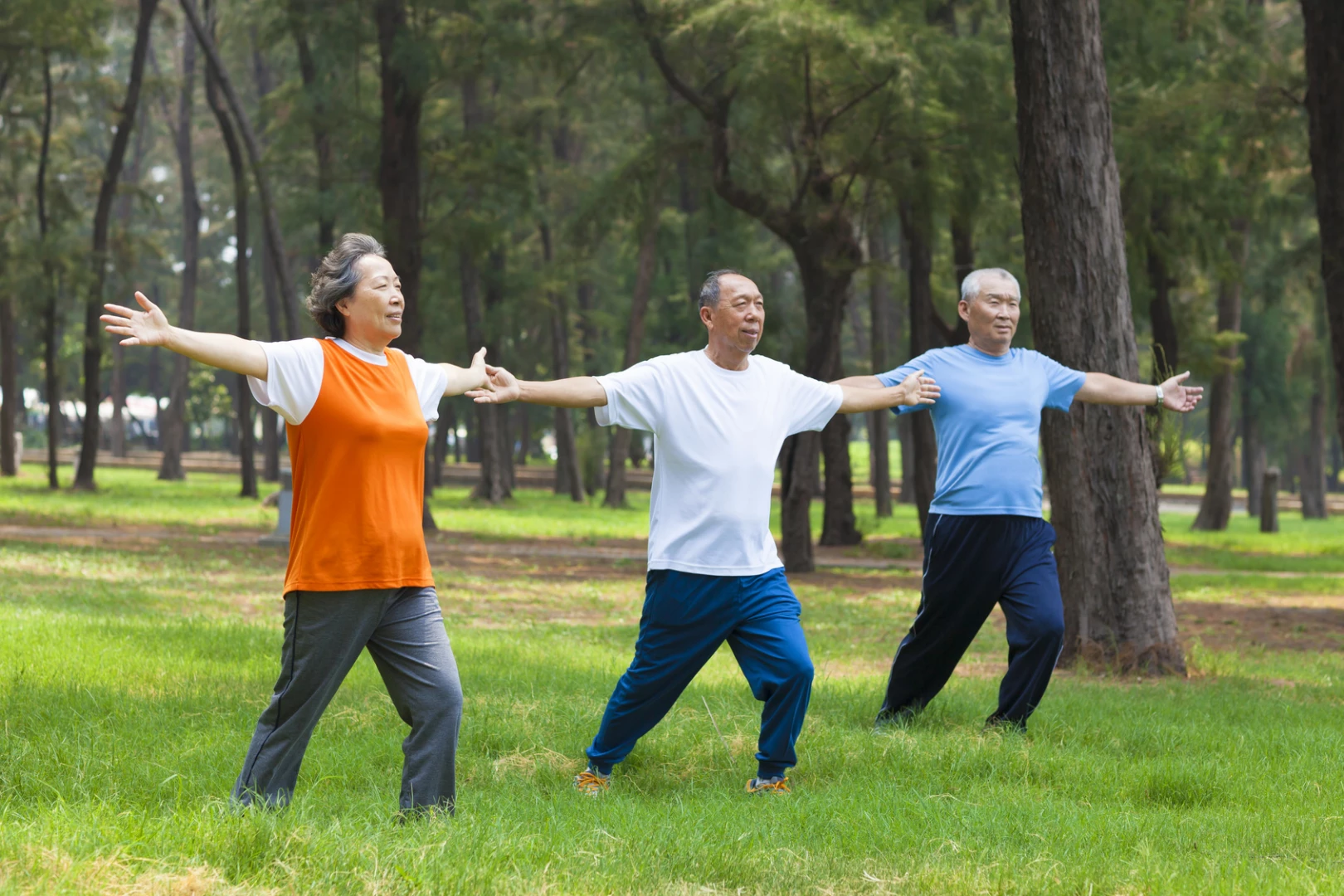Lifestyle Advice for Would-be Centenarians

Which are the characteristics shared by people who live to 100? For the past 50 years, researchers in Sweden have followed the health of 855 men born in 1913. Ten of the subjects lived to 100. What were the secrets of their longevity? Some were factors you can affect, and some you cannot, but all the centanarians shared one feature: They were all slim and had good posture. More details below.
Over the past half century, the University Gothenburg has hosted one of the world’s first prospective studies of aging. The subjects are 855 Gothenburg men born in 1913.
The first surveys were conducted in 1963. Now that it has been determined that ten of the men lived to 100, the study is being wrapped up.
Promotes Longevity
Various surveys at the age of 54, 60, 65, 75, 80 and 100 permitted the researchers to consider the factors that appear to promote longevity.
A total of 27% (232) of the original group lived to the age of 80 and 13% (111) to 90. All in all, 1.1% of the subjects made it to their 100th birthday.
According to the study, 42% of deaths after the age of 80 were due to cardiovascular disease, 20% to infectious diseases, 8% to stroke, 8% to cancer, 6% to pneumonia and 16% to other causes.
A total of 23% of the over-80 group were diagnosed with some type of dementia.
Unique Design
“The unique design has enabled us to identify the factors that influence survival after the age of 50,” says Lars Wilhelmsen, who has been involved in the study for the past 50 years. “Our recommendation for people who aspire to centenarians is to refrain from smoking, maintain healthy cholesterol levels and confine themselves to four cups of coffee a day.”
Correlation with the Mother’s Age
It also helps if you paid a high rent for a flat or owing a house at age 50 (indicating good socio-economic standard), enjoy robust working capacity at a bicycle test when you are 54 and have a mother who lived for a long time.
“Our findings that there is a correlation with maternal but not paternal longevity are fully consistent with previous studies,” Dr. Wilhelmsen says. “Given that the same associations have been demonstrated in Hawaii, the genetic factor appears to be a strong one.” But still we found that this “genetic factor” was weaker than the other factors. So factors that can be influenced are important for a long life.
No Smokers
Two of the 100-year-olds dropped out of the study due to dementia and one for personal reasons. Facts about the other seven:
• Two lived at home and five in assisted living facilities
• None of them smoked
• All of them exhibited good temporal and spatial cognition
• All of them wore hearing aids
• Most of them wore glasses, were able to read and watch TV
• All of them were slim and had good postures
• All of them used walkers
“Normally we conducted the surveys at hospitals, but we visited the seven centenarians at home,” Dr. Wilhelmsen says. All of them were clinically healthy, satisfied with their circumstances and pleased to be living where they were.”


